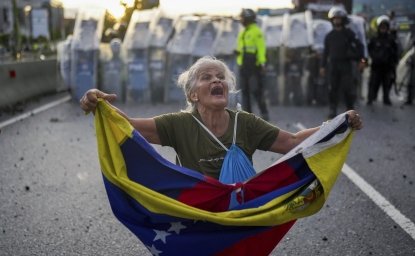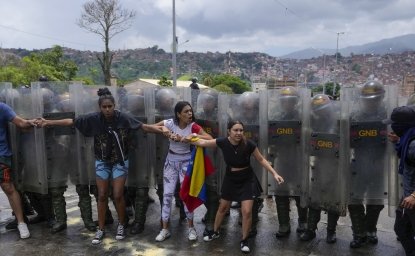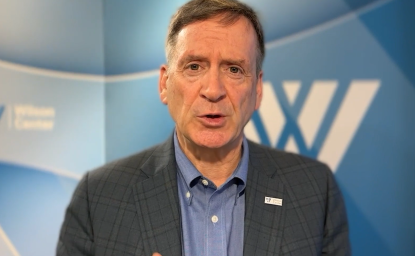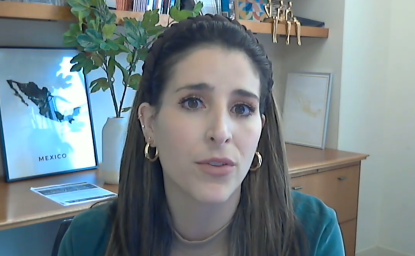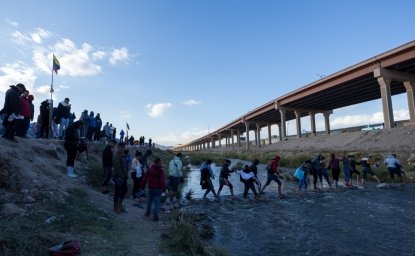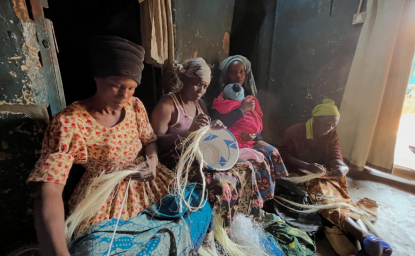The Latest
Quick analysis from the experts
Former President of Colombia Iván Duque Márquez explains how Temporary Protection Status (TPS) boosts migrants' visibility and fosters economic and social development—as shown by Colombia's own evidence-based approach to migration policy.
Video Transcript
-
What Is the Importance of Offering Temporary Protected Status During Conflict?
Guest
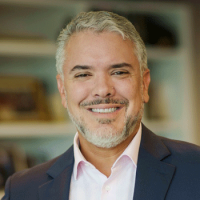
Iván Duque Márquez
Chair and Distinguished Fellow, Iván Duque Center for Prosperity and Freedom;
President of the Republic of Colombia (2018-2022)
President of the Republic of Colombia (2018-2022)

Refugee and Forced Displacement Initiative
The Refugee and Forced Displacement Initiative (RAFDI) provides evidence-based analyses that translate research findings into practice and policy impact. Established in 2022 as a response to an ever-increasing number of people forcibly displaced from their homes by protracted conflicts and persecution, RAFDI aims to expand the space for new perspectives, constructive dialogue and sustainable solutions to inform policies that will improve the future for the displaced people. Read more

